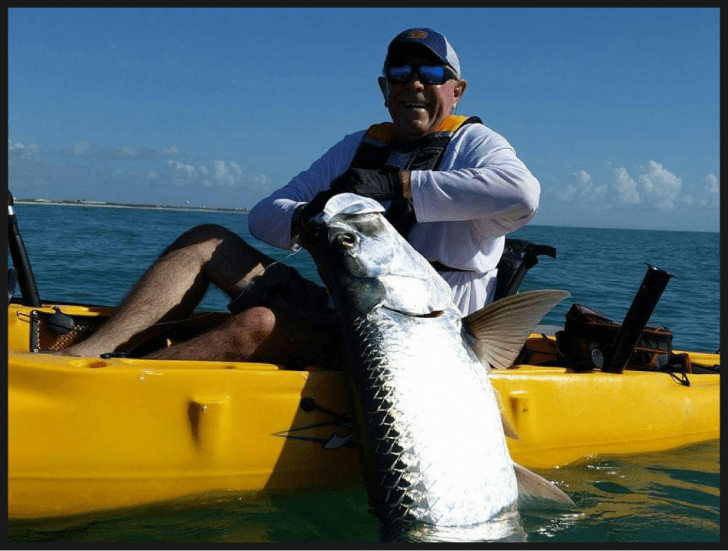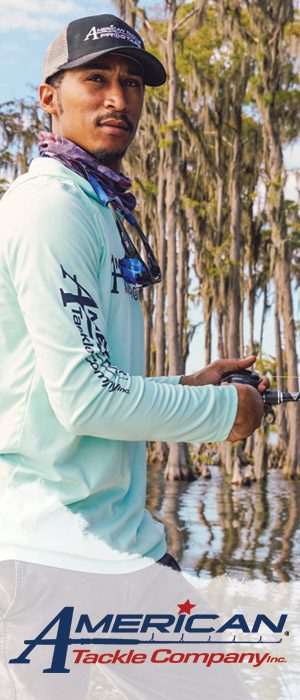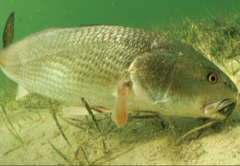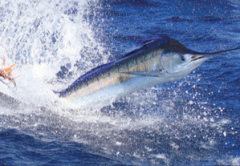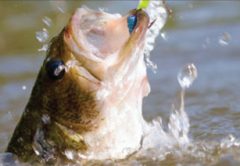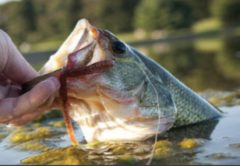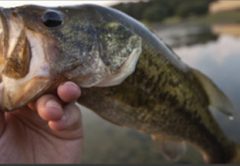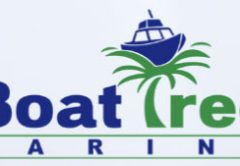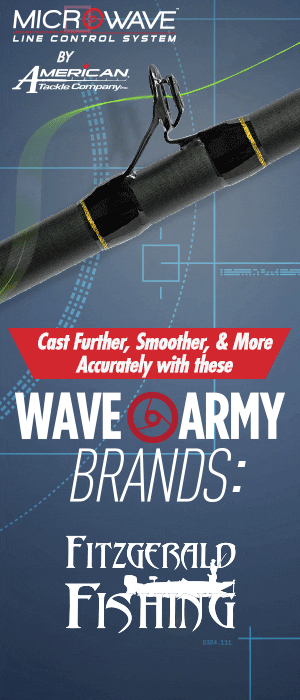Kayak fishing has grown in leaps and bounds over the years with advancements in gear and tackle. With these advancements has come a wiliness to venture far from the traditionally though of safe still waters of lagoons and lakes. Most notably anglers want to take on large fish in an open ocean setting from a small plastic boat!
Ocean fishing in kayaks has become an immensely popular rendition of kayak fishing and for good reason. Obviously kayak fishing in “big water” has its own set of challenges, but it also has some pretty appealing results. Anglers have bested fish that were once thought to be a challenge even from fully rigged sportfish boats with full professional crews. Marlin, sailfish, thresher sharks, large tuna, massive tarpon, and more have fallen to a single angler in seaworthy kayaks. Aside from the inherent safety precautions that must be taken when venturing a couple miles out into the ocean regardless if you are on a boat or kayak an angler must manage their expectations. If you’ve spent your time chasing redfish or bass in still waters don’t expect to drive to south Florida and immediately become the sailfish master without some serious work and most likely some help from others.
Understanding the fish that you will likely encounter and the conditions you are likely to face is paramount to your success and enjoyment of the day. Here in East central Florida the ocean is relatively shallow for miles out, so your pelagic fish like mahi, sailfish, and tuna are not expected to be found. We tend to focus on the large tarpon, kingfish, triple tail, and even the occasional cobia for our ocean bound kayak adventures. We also have significantly more surf and wave action than the folks that kayak fish off of south Florida beaches. We have a mere few months of good seas that are conducive for beach launch of kayaks where those south of us can target ocean fish practically year round. Over the years kayak guides have sprung up in just about any area you wish to attempt to overcome these more challenging fisheries and they are a great way to get a foothold and start off right. Couple that with endless literature on the subject and one should be able to take on the fish of a lifetime safely and successfully all over our state.

